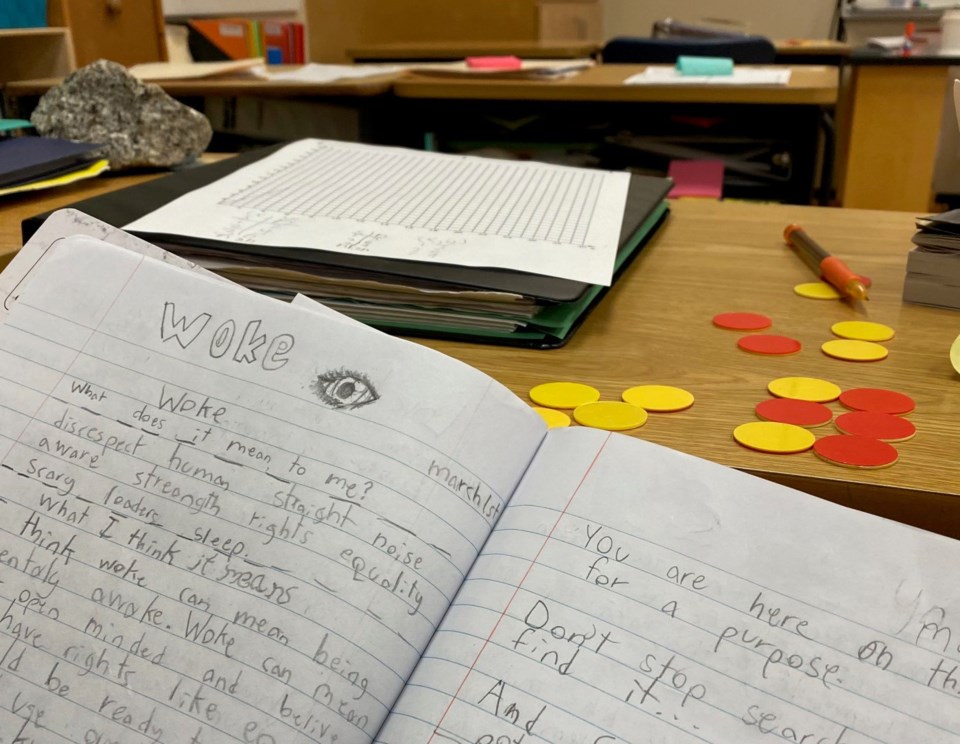The Delta Board of Education held a special budget online consultation meeting Tuesday evening to hear what people had to say about what’s been described by the school district as a difficult proposed budget.
The district faces a $2.74 million operating shortfall for the next school year.
A predicted drop in full-time enrolled students for the 2022/23 school year, increased costs as well as one-time special funding eliminated by the province, combined with the province not increasing per-pupil funding, contributed to the district now proposing cuts to meet its budget shortfall.
The cuts range from reducing staff for the Inclusive Learning department to custodians, as well as other areas of the district.
The district, which wants to rely less on reserves to balance its books, covered part of last year’s deficit using reserve funds, which meant a shortfall was carried over. Meanwhile, revenues are down from the International Student Program due to lower student numbers in what had been a lucrative revenue generator in the past for the district.
Only three people spoke at Tuesday’s meeting including Delta Teachers’ Association President Susan Yao, who told the board the bigger question is why the provincial government is not providing enough funding.
She said her association hasn’t found a Delta school that didn’t have an identified need for additional supports.
“Mostly, it seems, the game is a sad version of Whack-a-Mole to get something fixed here and then another concern arises there, or teachers telling us the EA (educational assistant) who was working with a student in their class had to be moved to somewhere else of greater need, or they are still waiting for a student to be assessed or other services to be put in place…the system being applied seems to be that of a triage to fix the most urgent crises. Is that what our students deserve? How is that minimally impacting student success and well-being?” asked Yao.
CUPE Local 1091 President Duan Frederickson echoed the concerns, asking why the district is increasing its management and whether more creative solutions to balance the budget have been explored.
The board is to decide on the proposed budget at its next meeting on Tuesday, May 10.



